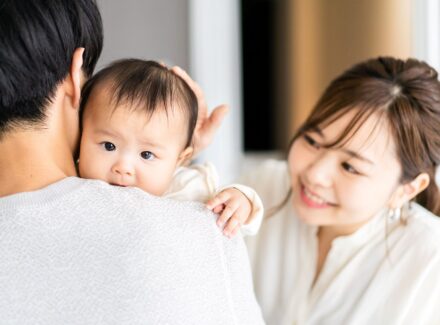By H. Luke Shaefer, Mona Hanna, David Harris, Dominic Richardson, and Miriam Laker
The Lancet
The COVID-19 pandemic laid bare systemic inequities, including health disparities, economic inequality, and racial injustice. The U.S. government responded to the pandemic’s economic downturn with an unprecedented expansion of the social safety net in the form of stimulus checks and an expanded Child Tax Credit. Federal and state governments also dedicated additional funds and expanded eligibility for unemployment benefits, food assistance, rent assistance, homelessness services, and more.
Poverty Solutions scholars studied the effects of this government response, which ultimately reduced the child poverty rate to an all-time low, decreased material hardship levels, and improved people’s mental health. Lessons learned during the pandemic – particularly the impact of cash assistance – can guide future efforts to alleviate poverty.
Throughout the pandemic, scholars at the University of Michigan have tracked various indicators of economic well-being and evaluated the impact of the federal social safety net response. This included monitoring changes in material hardship levels, studying the effect of the expanded Child Tax Credit, and assessing how school closures during the pandemic impacted students experiencing homelessness.
Poverty Solutions Faculty Director H. Luke Shaefer and Jennifer Erb-Downward, director of housing stability programs and policy initiatives, testified at Congressional hearings in 2020 and 2021 on the impact of pandemic relief programs and the educational challenges faced by students without a stable place to live. Research on the federal social safety net response supported by Poverty Solutions was cited by the White House Press Office, New York Times, The Atlantic, Vox, and numerous media outlets across the country.
Policy brief: Material Hardship and Well-being of U.S. Households in 2022
In 2023, Poverty Solutions began laying the groundwork for two innovative cash transfer programs that launched early in 2024: Flint Rx Kids and Guaranteed Income to Grow Ann Arbor (GIG A2). These cash assistance programs trust recipients to know best how to meet their own needs. Research shows there are numerous benefits to no-strings-attached cash, including reduced food insecurity and financial hardship and improved health for children and parents.
Rx Kids is the nation’s first-ever citywide prenatal and infant cash prescription program that supports pregnant people and infants through their first year of life. GIG A2 delivers monthly guaranteed income payments to entrepreneurs, gig workers, and other independent workers with low incomes in Ann Arbor. Poverty Solutions will study the impact of Rx Kids and GIG A2, and the findings will inform the design of guaranteed income and child allowance programs across the country.
By H. Luke Shaefer, Mona Hanna, David Harris, Dominic Richardson, and Miriam Laker
The Lancet
By Natasha Pilkauskas, Katherine Michelmore, and Nicole Kovski
Demography
By Patrick Cooney and H. Luke Shaefer
By Natasha Pilkauskas, Katherine Michelmore, and H. Luke Shaefer
By Amanda Nothaft
By H. Luke Shaefer, Brian A. Jacob, Natasha V. Pilkauskas, Elizabeth Rhodes, and Katherine Richard
By Patrick Cooney, H. Luke Shaefer, and Samiul Jubaed
By Natasha Pilkauskas and Katherine Michelmore
By Natasha Pilkauskas and Patrick Cooney
By
Health Services Research
By Patrick Cooney and H. Luke Shaefer
By Patrick Cooney and Stacy Taylor
By Patrick Cooney and H. Luke Shaefer
By SchoolHouse Connection and Poverty Solutions at the University of Michigan
By H. Luke Shaefer, Patrick Cooney, Richard Rodems, and Marybeth J. Mattingly
By Lydia Wileden and Richard Rodems

Democrat & Chronicle | Jan. 2, 2025

Bridge Michigan | Dec. 27, 2024

Brookings Institution | Dec. 20, 2024